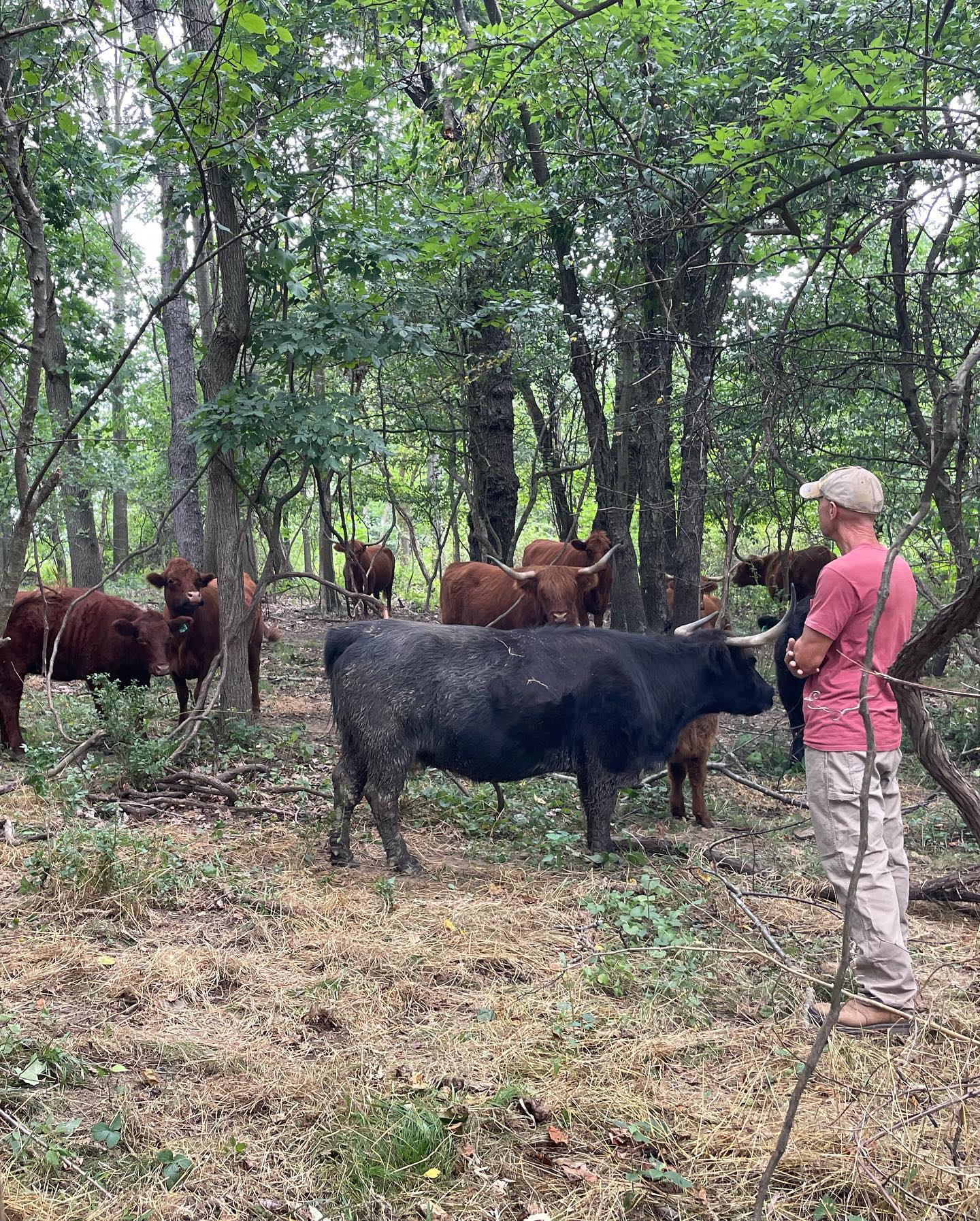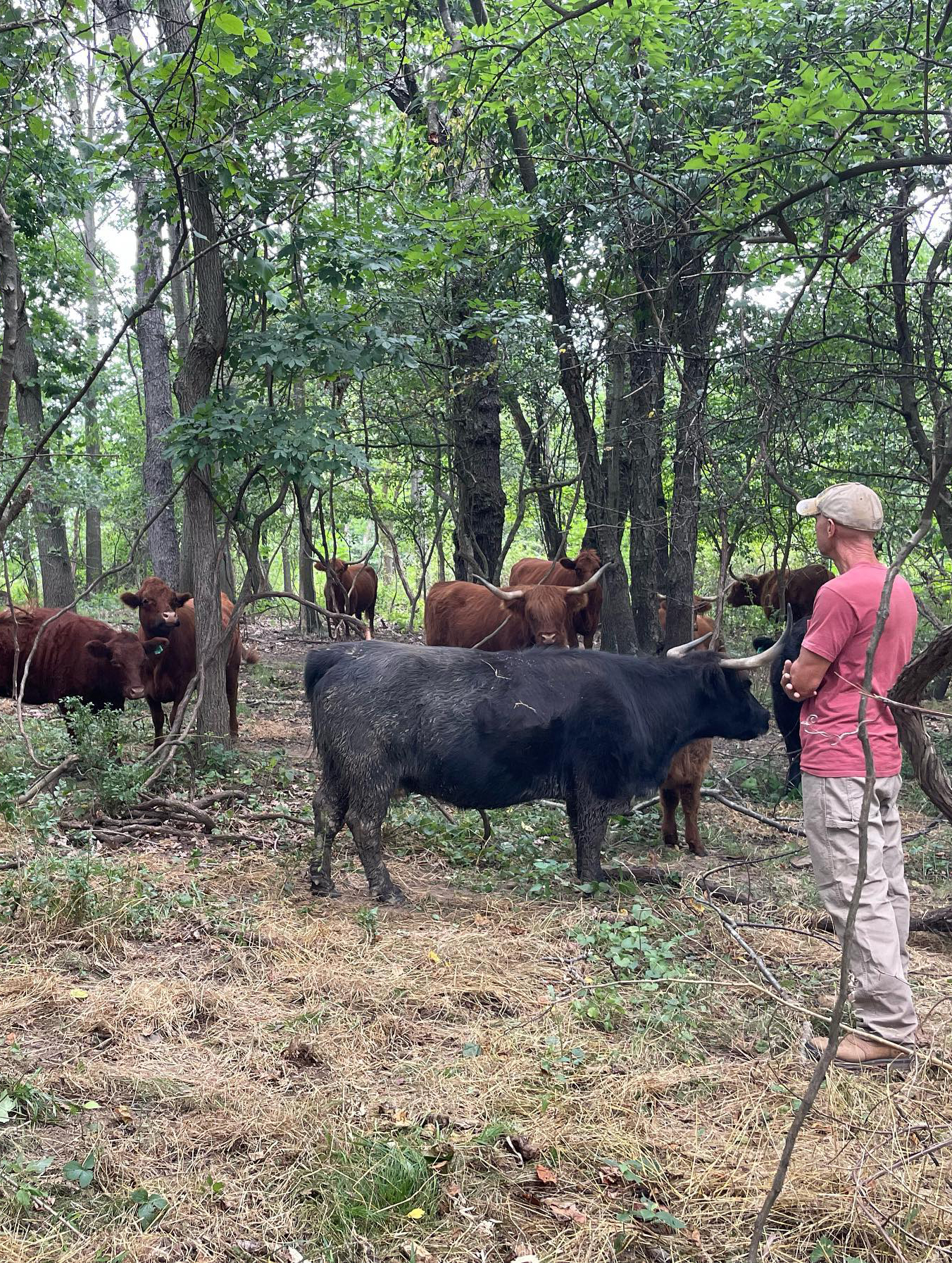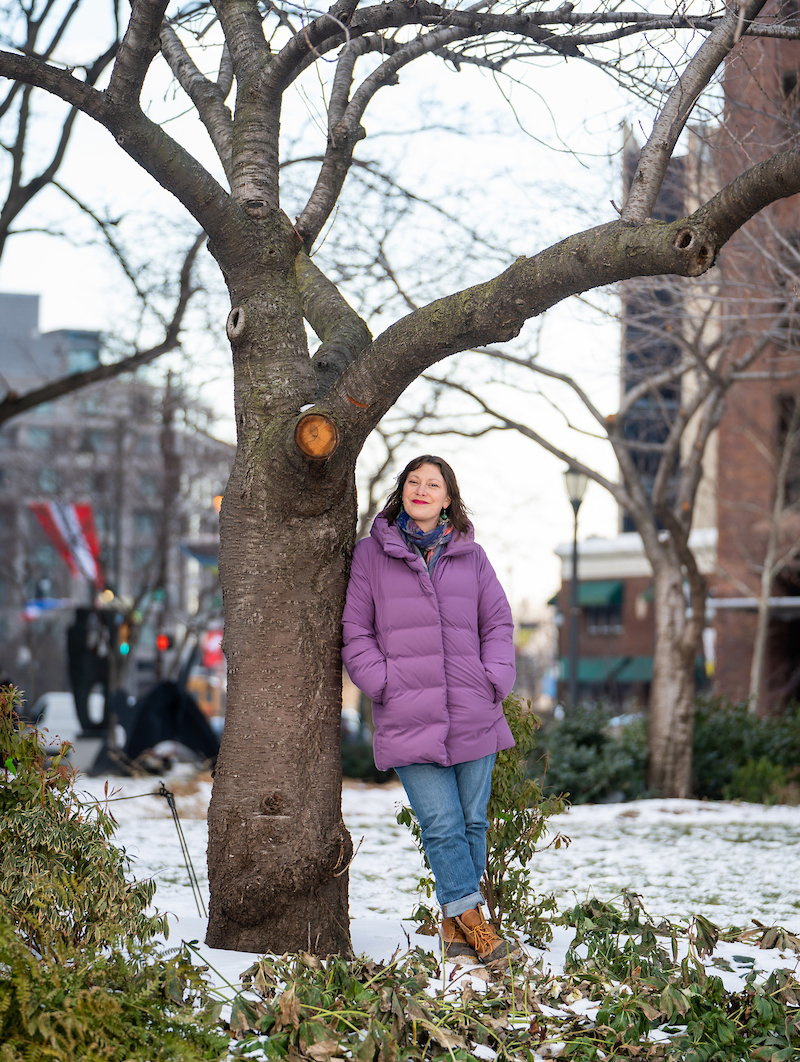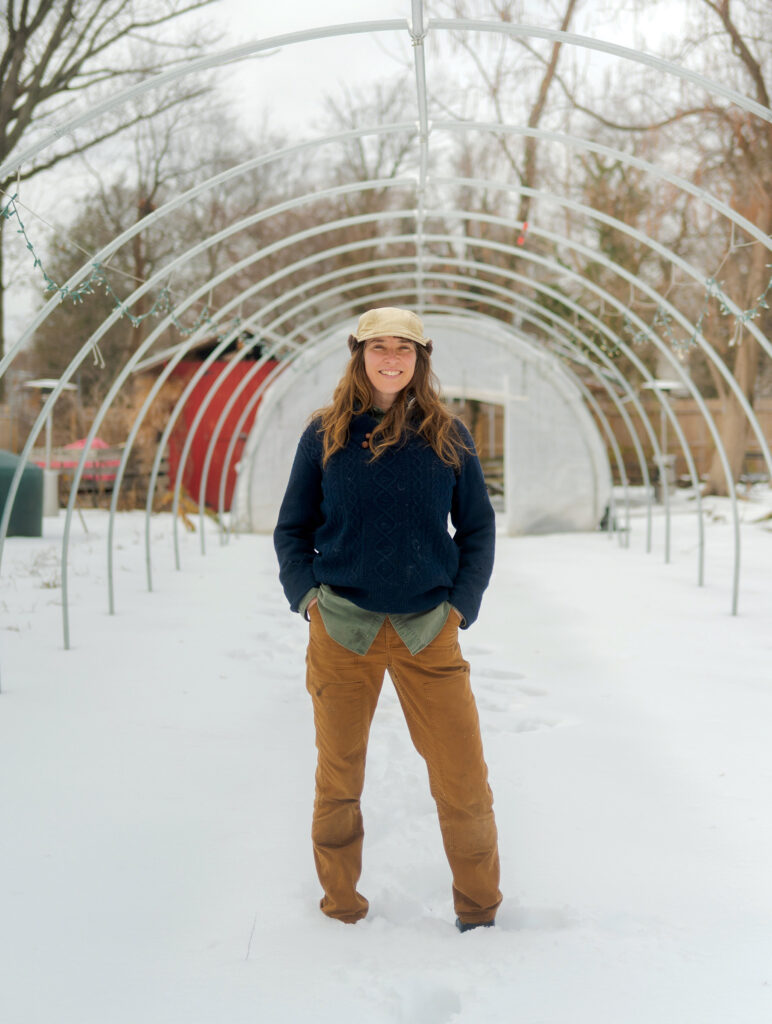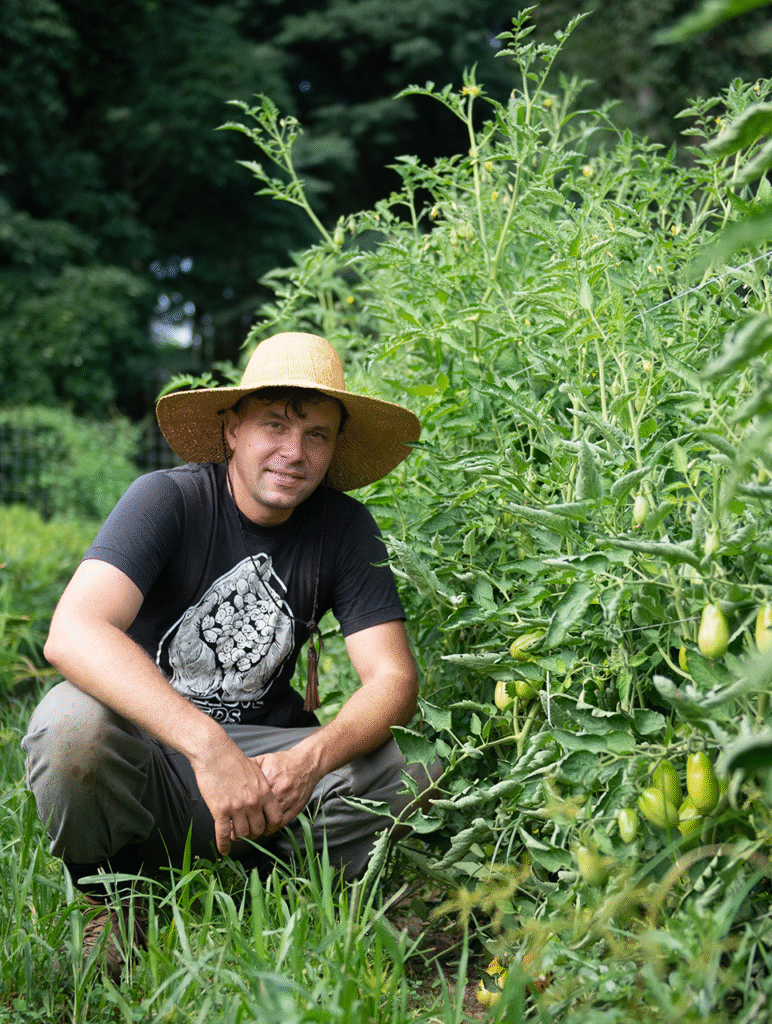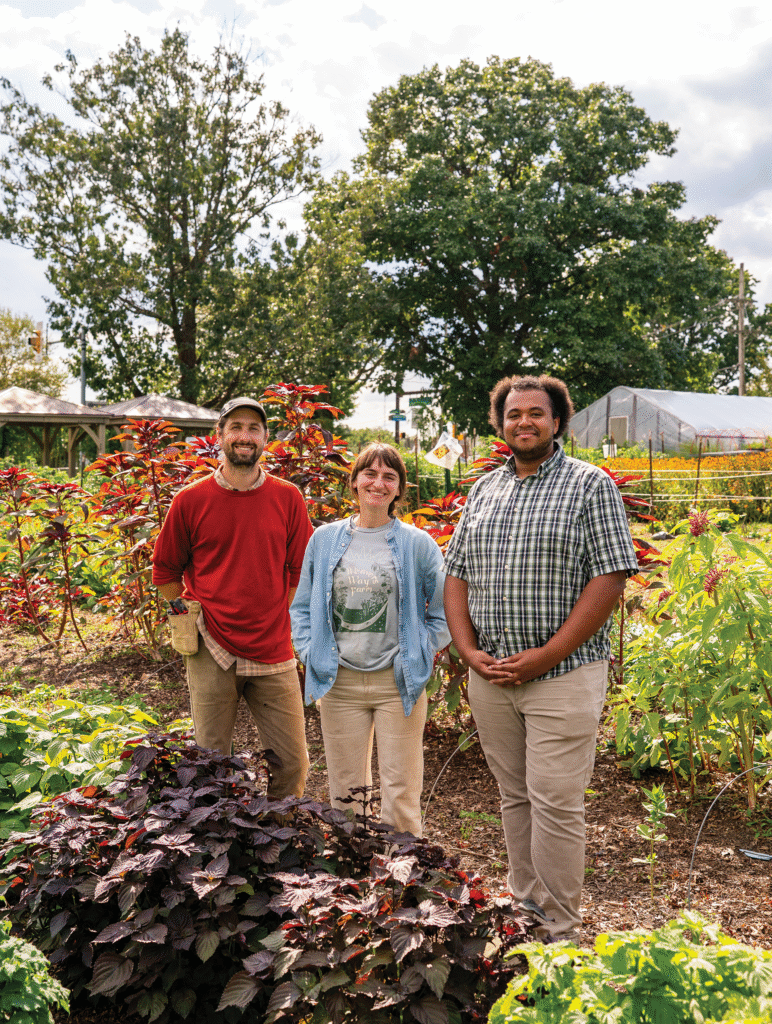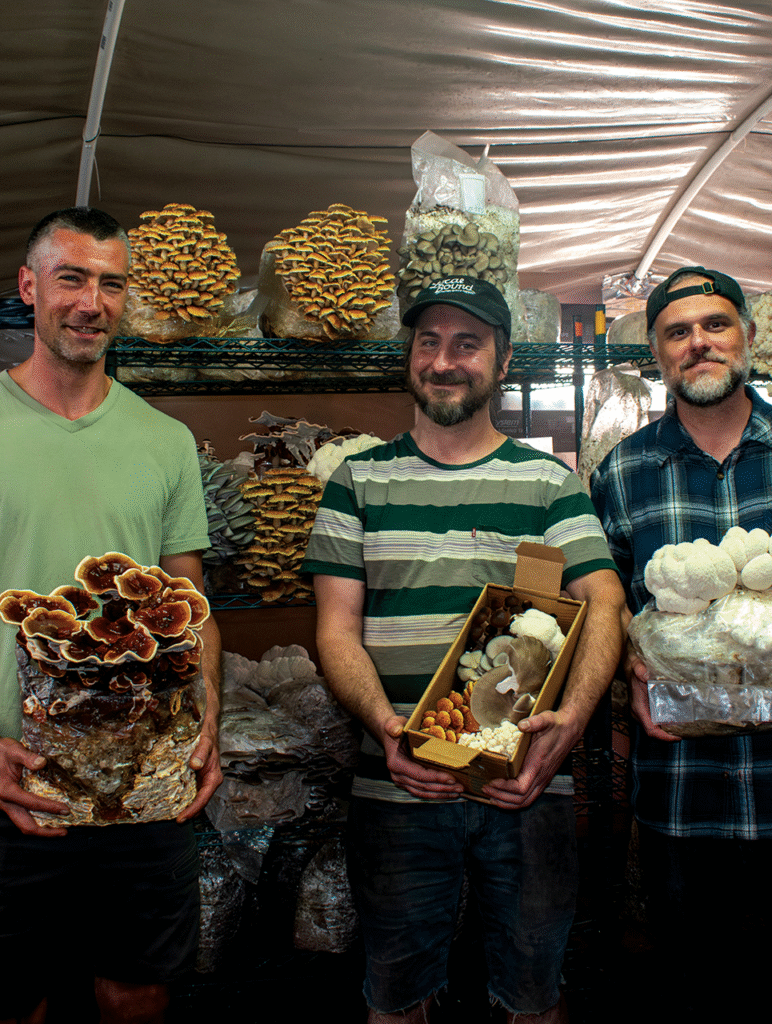Sustainable agriculture projects on 143 farms in the mid-Atlantic region have ground to a halt after a climate resiliency grant was paused by the Trump administration’s federal funding freeze.
The Pennsylvania-based nonprofit Pasa is administering a $59 million United States Department of Agriculture grant to develop climate-smart practices and increase revenue streams to hundreds of farms across 15 states. But Pasa’s executive director, Hannah Smith-Brubaker, says that the sustainable agriculture organization has lost access to those funds and is out of money to disburse to farmers who have begun projects.
“We didn’t want any of our farmers to not get reimbursed for their expenses, so we used our last $500,000 from that [grant money disbursed in advance of the quarter] to make sure that all of our farmers were made whole who were owed any money,” she says.
That doesn’t account, however, for more than 650 other farms with projects either shovel-ready or in the contract procurement process that now cannot move forward with plans, according to an impact statement from Pasa.
Smith-Brubaker says Pasa must continue the work they agreed to regardless of the loss of funding, or they risk breaching their USDA contract. This includes educating farmers about and assisting them with conservation practices, which requires paid staff. To meet payroll, Smith-Brubaker says Pasa will scale back while tapping into an emergency fund that is not meant to be a long-term financial solution.
Pasa’s overarching mission is to provide technical support to and share resources with members who wish to adopt more sustainable farming practices.
Mark Smith owns Pittsburgher Highland Farm, where he has started planning a new irrigation system for his cattle herds as a better alternative to his current method of relying on creeks and springs. That plan is now on hold without the grant, and Smith is looking for other funding avenues, like the state-funded Agriculture Conservation Assistance Program (ACAP). He says it’s “disappointing” to lose the opportunity to work with Pasa.
“A lot of farmers are being affected, but secondary to that is I think Pasa as a third-party administrator of these funds would have been far more hands-on in helping people get through the bureaucratic process of making this happen,” Smith says. “I don’t know that I’m going to get any farm visits out of ACAP. I think I’m probably on my own. There’s certainly a lot of potential for doing this wrong, as far as getting through the application process and winding up with nothing.”
Smith says the loss of the grant won’t be too damaging to his operations beyond delaying the planned infrastructure upgrade. The same is true for Ben Hepler of Franklin Hill Red Polls in Susquehanna County: Hepler told Grid in an email that while he hasn’t accrued expenses yet, he will need to delay the installation of exclusionary fencing along a stream and riparian areas to save up for it or secure other funding.
But Smith says he has colleagues who have more at stake.
“I can’t help but wonder how many other farmers out there desperately needed this help to get by and how damaging that could be to their operation,” he says. “It might be the difference between surviving or not.”
Despite everything, Smith admits he still has some hope. After all, he says, it was during Trump’s first term that the Farm Bill was passed, which expanded support for farmers’ conservation efforts.
But Smith-Brubaker feels that any developing trust she had with the federal government is gone, and she’s not optimistic about her calls and letters to lawmakers having any effect.
“Legislators within Trump’s own party are going to have to start questioning what his plan is here, I think, to change anything, and I don’t see a lot of that happening,” she says.
